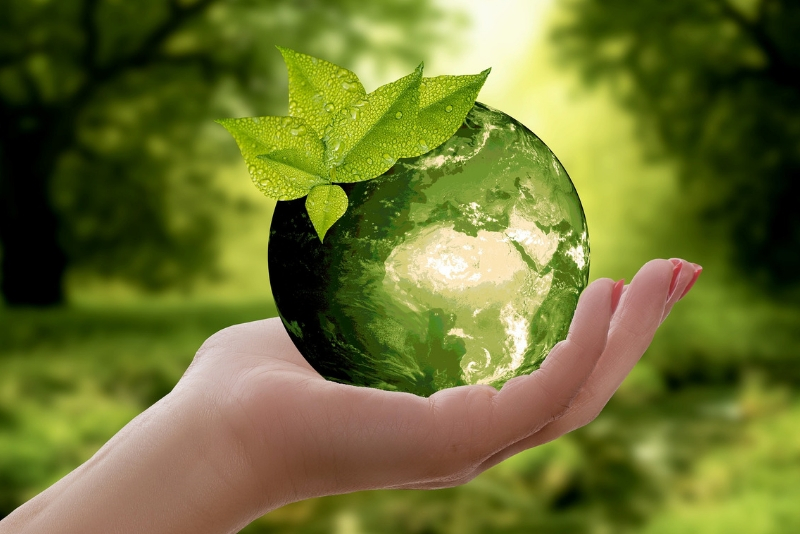
“There’s one issue that will define the contours of this century more dramatically than any other, and that is the urgent threat of a changing climate”. – President Barack Obama
By now we should all be aware of the global issue of ‘Climate Change’. In light of our government’s decision in the aftermath of Hurricane Maria to rebuild Dominica into the first climate resilient nation, we should all be asking ourselves, “What can I do to tackle climate change?”
The United Nations Framework Convention on Climate Change (UNFCCC) defines it as “a change of climate which is attributed directly or indirectly to human activity that alters the composition of the global atmosphere and which is in addition to natural climate variability observed over comparable time periods.”
The main human activities that contribute to an enhancement of the natural greenhouse effect are:
- Combustion of fossil fuels, which releases greenhouse gases.
- Clearing of forests for agriculture, which releases carbon dioxide through increased biomass decay.
- Deforestation, soil tillage and land degradation, which release carbon from the land system and reduce its capacity to absorb and store carbon.
The main human activities that change the reflectivity of the earth’s surface and atmosphere are:
- Fossil fuel combustion; industrial processes; and biomass burning release aerosols and other pollutants into the atmosphere, changing its capacity to reflect or absorb solar radiation. These aerosols may also be deposited onto the land surface and cause changes to the surface albedo.
- Deforestation, agricultural practices and urbanisation change the reflectivity of the earth’s surface.
Some of these influences can have a cooling effect on the earth’s surface and lower atmosphere. For example, most aerosols emitted to the atmosphere reflect solar radiation back out to space. Black carbon particles are an exception, as they strongly absorb heat, and when deposited on snow can act as a significant heat sink on the surface that encourages snow melt. Deforestation tends to increase the albedo of the land surface, since green, hydrated leaves reflect less solar radiation than bare earth. This too contributes a negative or cooling effect to the earth’s radiative balance. (https://www.aph.gov.au/ – Parliament of Australia website).
Here in Dominica, with our main economic sectors being agriculture and tourism, climate change is expected to impact us in the following ways:
- Changes in temperature will have a direct effect on the islands flora and fauna, reducing the availability of food and water for our wildlife and for ourselves.
- And as we have witnessed with this year’s Hurricane season it also increases the potential for greater frequency and intensity of storms in the Caribbean region.
In order to fight this phenomenon we need to change individually before we are able to work collectively as a nation. Here are a few things we can do to play our part:
- Living without a vehicle, choosing to walk or increasing the use of public transportation will also limit the level of greenhouse gases in the atmosphere.
- When you are purchasing a vehicle, buy one with the best fuel economy in its class. Each gallon of gas used is responsible for 25 pounds of heat-trapping gases in the atmosphere. Better gas mileage not only reduces global warming, but will also save you money.
- Using energy efficient appliances and energy efficient lighting in your home can also have a significant impact on saving the environment.
Learn more about Climate Change, how it affects us and more ways to curb this phenomenon at the United Nations Framework Convention on Climate Change website: www.unfccc.int.